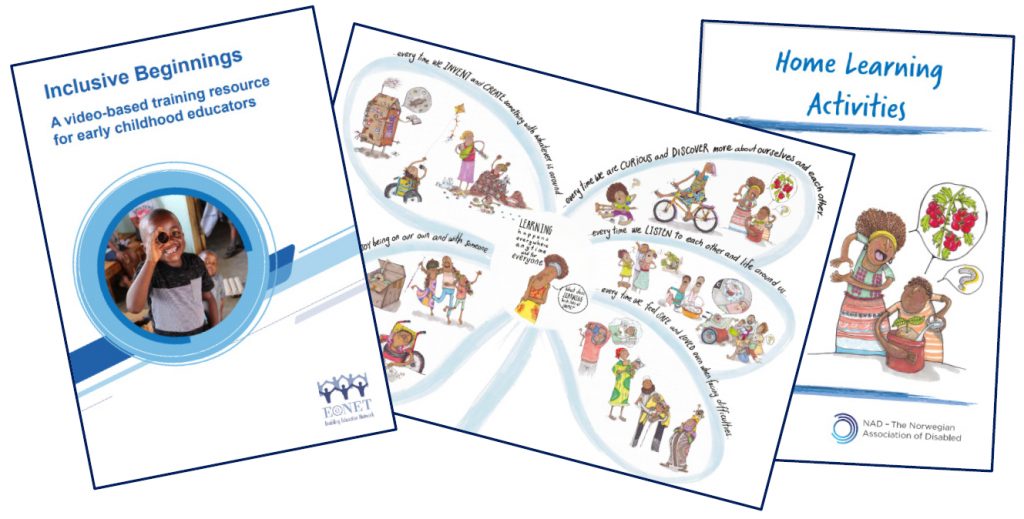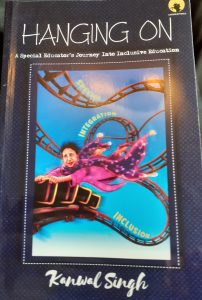Date: Tuesday 1 December 2020.
Time: 1:30pm to 2:45pm GMT.
Platform: Zoom.
This short event will introduce Deaf Child Worldwide’s report: ‘Unheard Children: championing deaf children’s rights to family, community, education and independence in developing countries’.
The report looks at the situation for deaf children in some of the world’s poorest communities. Presentations:
- Director of Deaf Child Worldwide, Joanna Clark, will give a brief overview of the report, its findings and what action Governments, policy makers and international organisations can take.
- You will hear from practitioners with lived experience working in South Asia and East Africa who will shine a spotlight on the challenges faced by many deaf children and how to build programmes that break down the barriers they face.
- The Head of the Disability Inclusion Team at the UK’s Foreign, Commonwealth & Development Office, Penny Innes, will give an overview of what the UK government is doing to support disabled children around the world and what other organisations can learn from the programmes they have developed.
- The event will close with a short panel discussion with the event’s participants.
Note: This is not an EENET event. Please contact the organisers directly with any queries.


